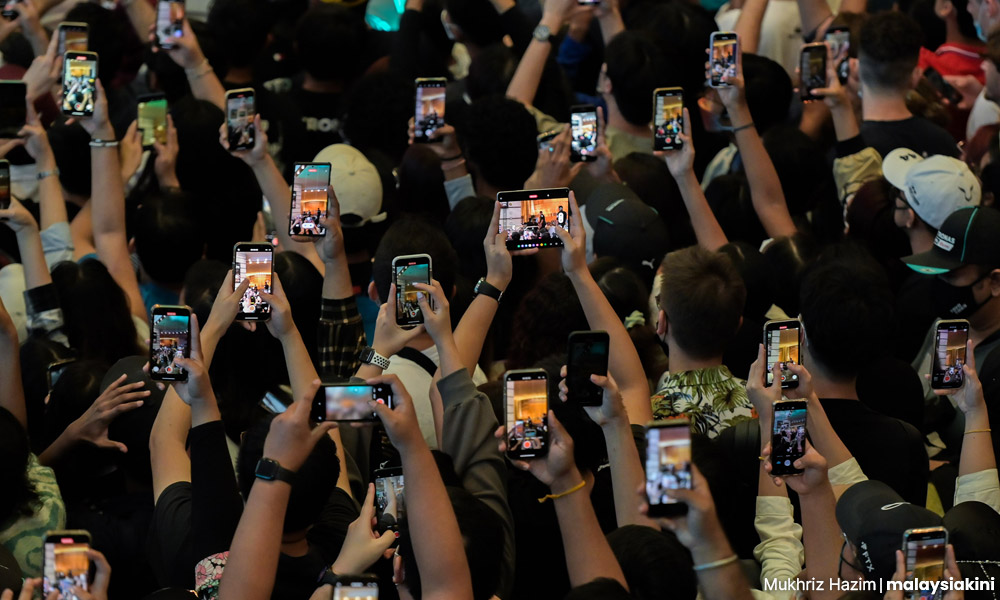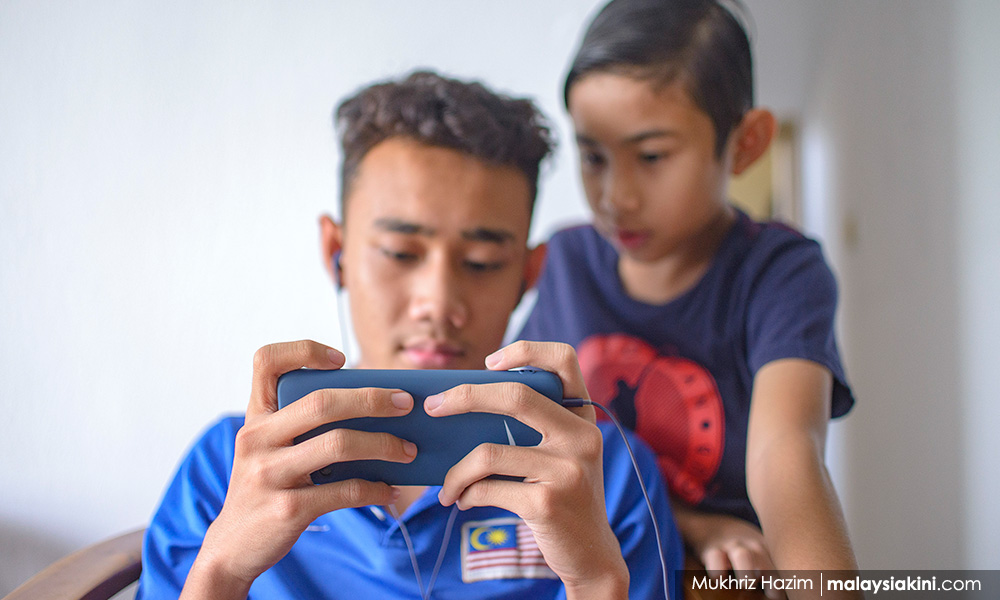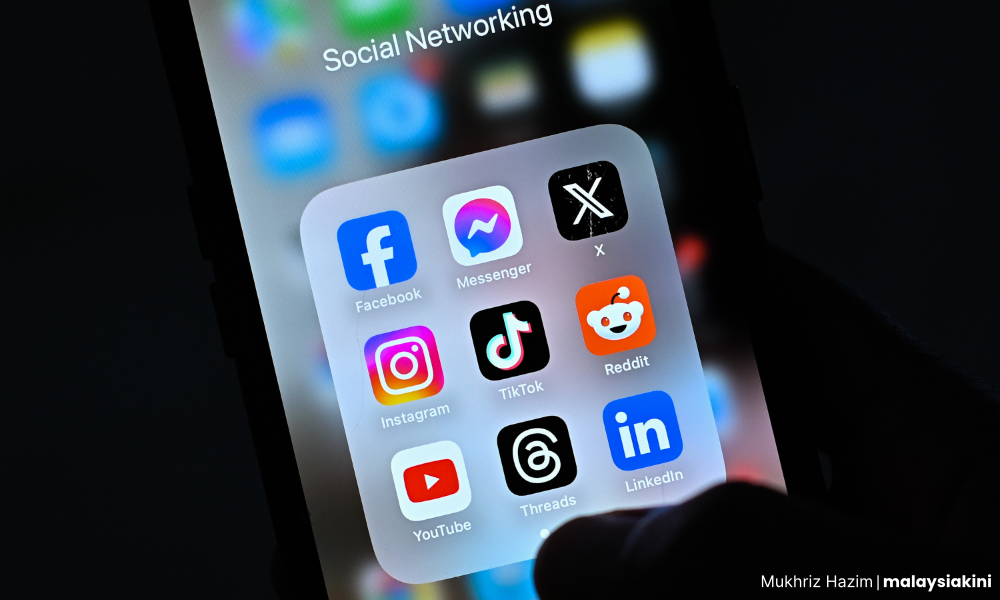The equilibrium between regulating social media and safeguarding freedom of speech is of paramount importance.
Regulations must be articulated with clarity and transparency, enabling users to comprehend what is acceptable while ensuring that enforcement is both consistent and equitable.
The establishment of independent entities tasked with overseeing the application of these regulations can mitigate the risk of power misuse.
Such entities would be responsible for reviewing decisions, thereby ensuring that actions taken against content or users are warranted.
Facilitating a mechanism for users to appeal decisions made by social media platforms or regulatory authorities is essential for rectifying errors and addressing concerns.
Regulations ought to be commensurate with the harm they seek to mitigate and essential for fulfilling their intended objectives.
This necessitates the avoidance of excessively broad or ambiguous rules that could be exploited to stifle legitimate expression.
Allowing users to maintain anonymity can serve as a safeguard for freedom of expression, particularly in situations where voicing opinions may result in retaliation.
Nonetheless, this must be counterbalanced with strategies to prevent potential abuses.
It is imperative that social media regulations undergo regular reviews and updates to adapt to technological advancements and societal changes, ensuring their continued relevance and effectiveness without becoming unduly restrictive.
Involving the public, including civil society organisations and subject matter experts, in the formulation and execution of regulations can help incorporate a variety of perspectives, leading to a more balanced regulatory framework.

Furthermore, fostering digital literacy and raising awareness about the significance of freedom of speech and responsible online conduct can empower users to engage with social media in a more informed and conscientious manner.
International law
International human rights standards are essential in guiding the formulation of social media regulations, as they establish a framework that seeks to harmonize the safeguarding of freedom of expression with the imperative to mitigate harm.
The International Covenant on Civil and Political Rights (ICCPR) serves as a pivotal reference point, delineating the conditions under which restrictions on freedom of expression may be deemed acceptable.
Specifically, Article 19 of the ICCPR permits limitations that are essential for upholding the rights or reputations of others, as well as for safeguarding national security, public order, public health, or morals.
Moreover, Article 20 of the ICCPR explicitly forbids any promotion of national, racial, or religious hatred that incites discrimination, hostility, or violence.
This provision aids social media platforms in formulating policies aimed at combating hate speech while still honouring the principle of freedom of expression.
Social media enterprises, akin to other commercial entities, bear the responsibility of respecting human rights.
The UN Guiding Principles on Business and Human Rights stipulate that companies must refrain from violating human rights and must address any negative impacts they may cause.
The application of international human rights standards is instrumental in achieving a balance between the protection of freedom of expression and the enforcement of limits designed to shield individuals from violence, hate, and harassment.
This symmetry is vital to ensure that regulatory measures do not devolve into instruments of censorship.

Human rights frameworks underscore the necessity of transparency and accountability in the processes of content moderation.
This encompasses the establishment of clear guidelines, independent oversight, and avenues for users to contest decisions made by platforms.
By aligning with international human rights standards, social media platforms can maintain consistency in their policies across diverse jurisdictions, thereby facilitating navigation through varying national laws and cultural contexts.
These standards offer a solid foundation for the development of social media regulations that not only protect users but also uphold fundamental freedoms.
By implementing these protective measures, governments and social media companies can establish a regulatory framework that safeguards users from potential harm while simultaneously preserving the essential right to freedom of expression.
Conclusion
The government is contemplating a dual strategy to address the challenges posed by social media.
Given the integral role of social media in public life, it is essential to promote beneficial content while simultaneously mitigating its potential harm to society.
Consequently, a careful and strategic approach is necessary for managing social media-related issues. Regulating social media to uphold peace and security requires a comprehensive strategy.

The government could establish regulatory agencies tasked with overseeing social media platforms, ensuring compliance with guidelines designed to curb the dissemination of harmful material.
Additionally, mandating that social media companies reveal their algorithms to reputable researchers could facilitate the identification and reduction of disinformation.
Implementing legislation that holds social media platforms accountable for the content they host may also serve as a deterrent against hate speech and extremist content.
Furthermore, instituting stringent regulations regarding the management and sharing of user data can safeguard against misuse and bolster security.
Utilising social media for counter-messaging initiatives can effectively challenge extremist narratives and foster peacebuilding efforts.
Proactively monitoring social media for early indicators of conflict or unrest can enable timely interventions.
Moreover, educating the public on recognising and resisting disinformation can diminish the adverse effects of harmful content.
Encouraging citizens to advocate for transparency and accountability from social media companies concerning the data collected about them is also vital.
Most importantly, collaborating with international organisations to establish global standards for social media regulation can promote a cohesive approach to maintaining peace and security.
By integrating these strategies, Malaysia can more effectively leverage the positive potential of social media while addressing its inherent risks. - Mkini
R PANEIR SELVAM is the principal consultant of Arunachala Research & Consultancy Sdn Bhd, a think tank specialising in strategic national and geo-political matters.
The views expressed here are those of the author/contributor and do not necessarily represent the views of MMKtT.




No comments:
Post a Comment
Note: Only a member of this blog may post a comment.